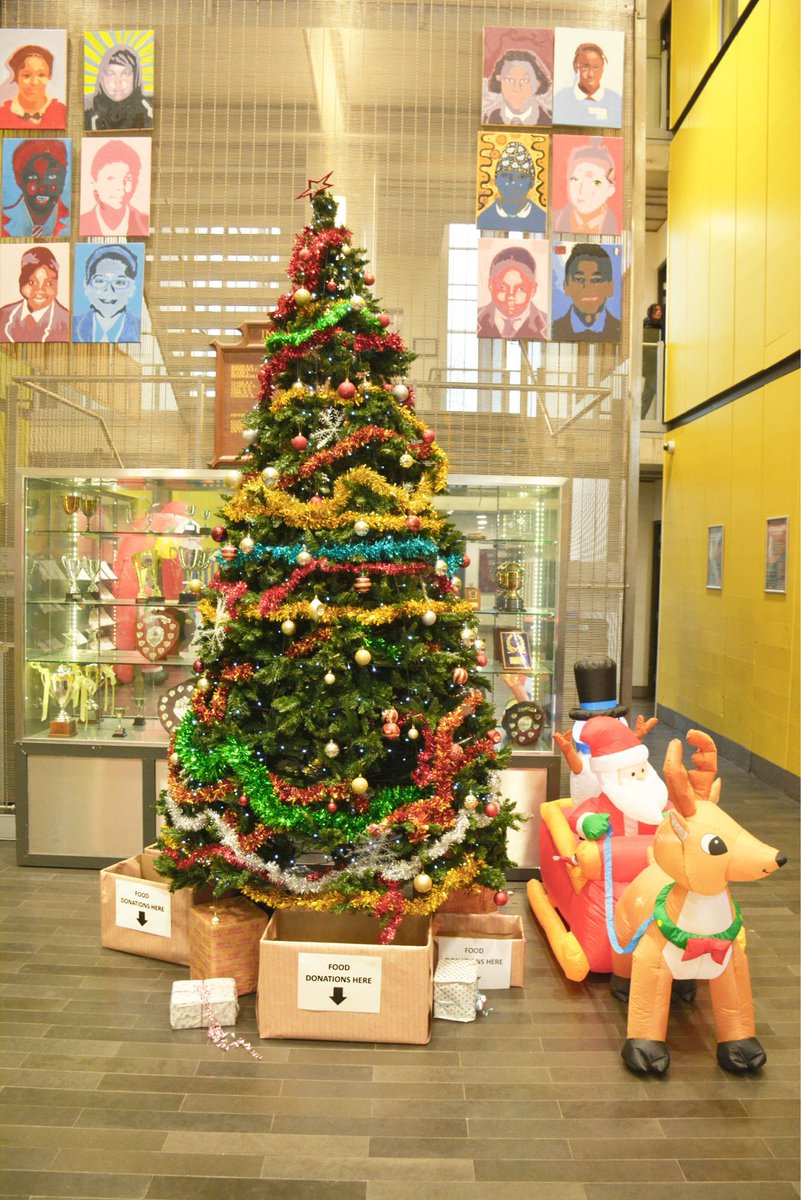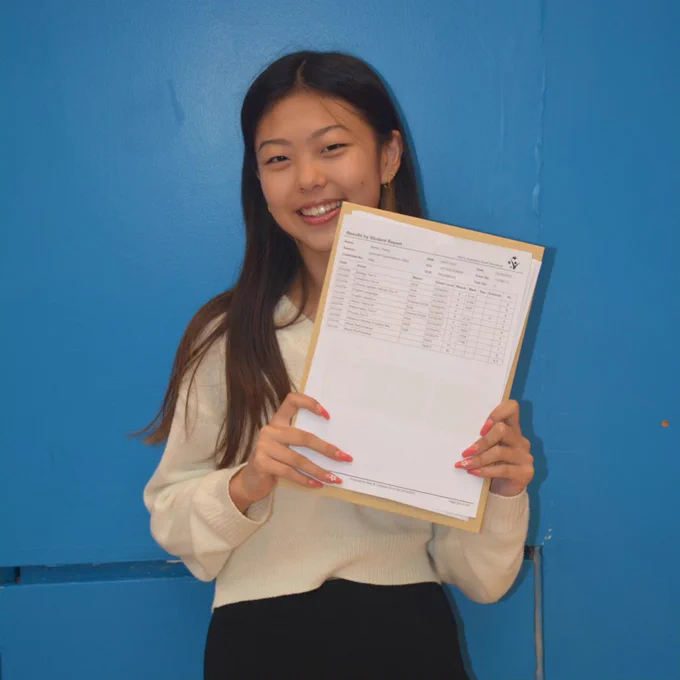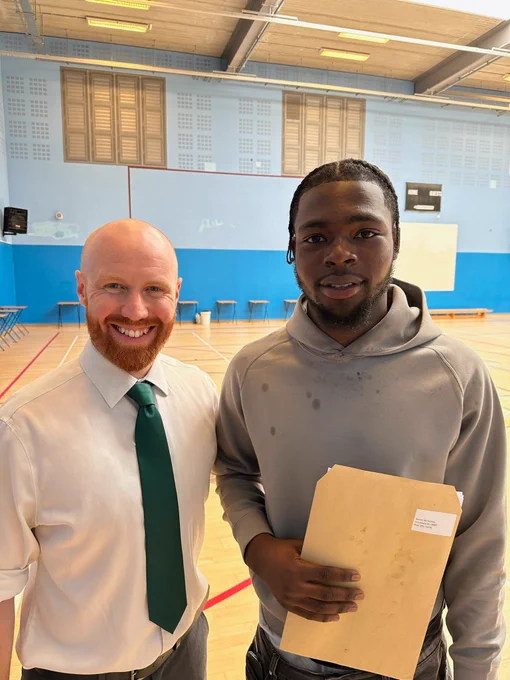Aims/Learning Ethos
Harris Academy South Norwood: Aims and Ethos
Our mission is one of social mobility to open doors for our students through academic excellence and by giving them opportunities to explore and develop their passions. We believe that every student deserves the chance to unlock the future they envision for themselves. At Harris Academy South Norwood, we foster a supportive and inspiring environment where diversity, togetherness, and talent are the foundations of our school culture. These values are echoed by our students, who take pride in the aspirational ethos we build together every day. Our core values of endeavour, kindness, respect, and responsibility guide everything we do, helping our students become confident, compassionate individuals prepared to thrive in a rapidly changing world.
As a community school, we are deeply committed to giving back and fostering connections beyond the classroom. Our students regularly bake cookies for local shops, sing at tube stations and care homes, and work on ambitious community projects that leave a lasting impact. These experiences instil in our students a sense of pride and purpose, as well as the skills and values they need to contribute meaningfully to society. Education at Harris Academy South Norwood is a seven-year journey, with most of our students choosing to stay with us in our large and vibrant sixth form. Here, they continue to grow academically, socially, and personally, as they prepare for university, apprenticeships, or the world of work.
We are also proud of our heritage and our connection to William Stanley, a local inventor and philanthropist whose legacy of innovation and service to the community inspires us to this day. Our curriculum is broad, balanced, and ambitious, ensuring that every student has access to a wide range of opportunities to discover their interests and excel. From academic achievements to personal development, our students leave Harris Academy South Norwood equipped with the skills, confidence, and ambition to achieve their dreams and make a difference in the world.






















